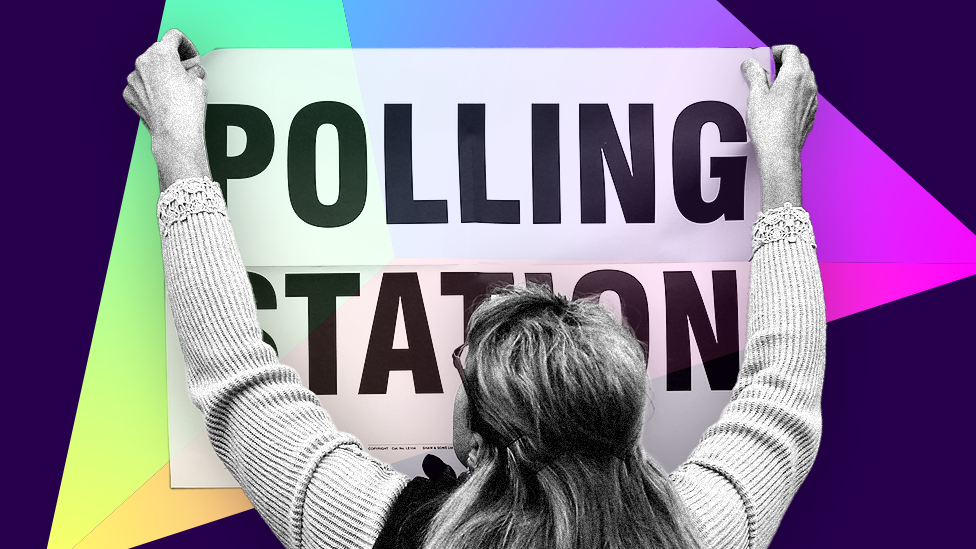100 MPs to stand down at the next general election
- Published
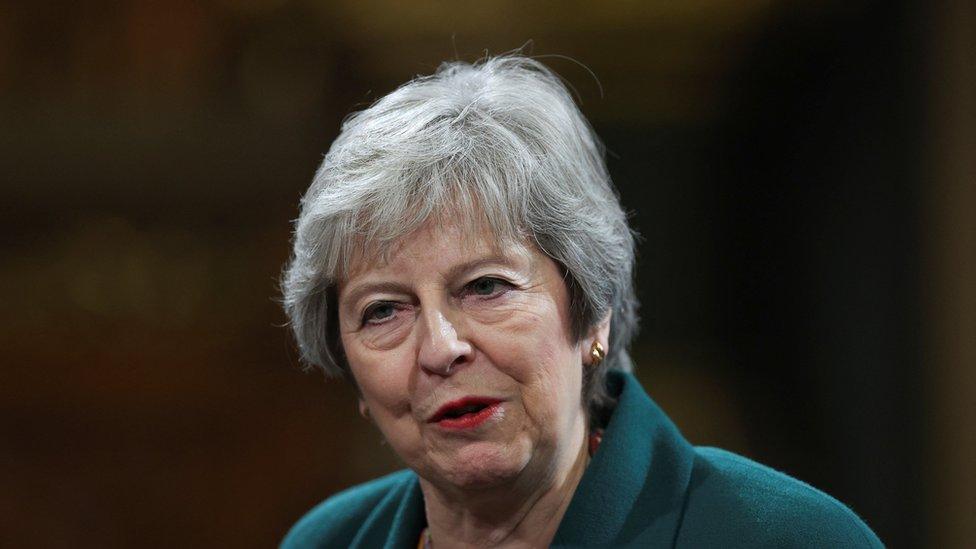
The number of MPs who have said they will leave Parliament at the next general election has reached 100.
Conservative Tim Loughton, who has represented East Worthing and Shoreham since 1997, became the 100th MP to announce he was leaving the Commons.
Most - 63 in all - are Tories, and they include former prime minister Theresa May.
That said, 56% of the 650 MPs (365) who won their seats in Boris Johnson's landslide general election victory in 2019 were Conservatives.
A total of 17 Labour MPs are also standing down, along with nine from the SNP, two from Sinn Fein, one from Plaid Cymru and one Green - the party's only MP, Caroline Lucas.
Other big names departing Westminster include former deputy PM Dominic Raab, COP26 president Sir Alok Sharma, and former deputy Labour leaders Dame Margaret Beckett and Harriet Harman. Dame Margaret also served as foreign secretary.
Another seven MPs who now sit as independents - five elected as Conservatives and two as Labour MPs - also won't be standing again.
With the next election not needing to be held until January 2025 - and the prime minister pointing to it happening some time in the autumn - the total figure may well grow substantially.
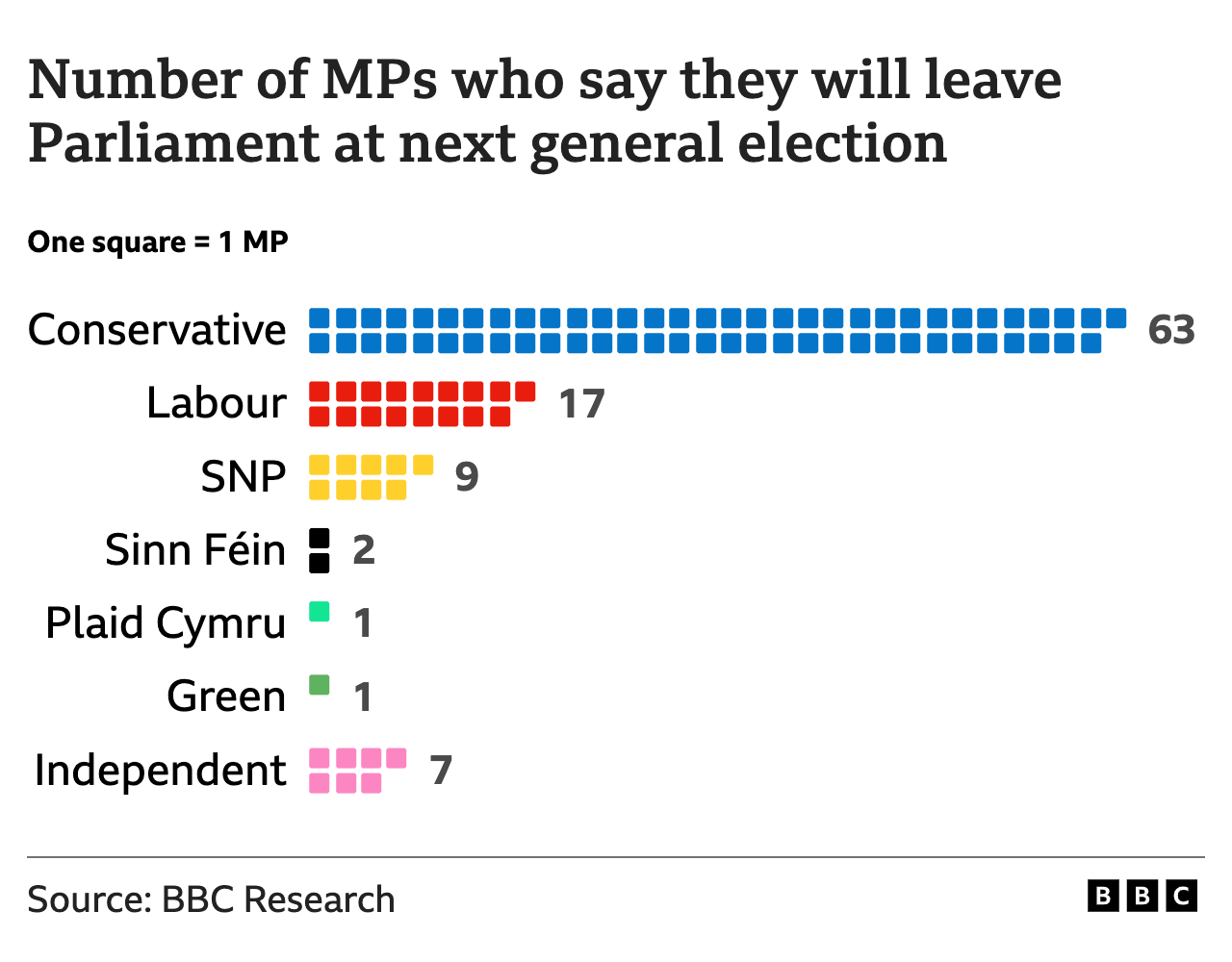
Why are so many Conservatives standing down?
The Tories currently have many more MPs than any other party. But it's also true that a higher proportion of them are choosing to leave the Commons.
Almost 20% of them are not standing again - compared with just under 10% of the Labour ranks.
Recent opinion polls put Labour well ahead of the Conservatives, implying there could be a change of government at the general election.
After 13 years of Labour rule in 2010, 149 MPs stood down - including 100 Labour MPs and 35 Conservative. Then-Conservative leader David Cameron had enjoyed a consistent polling lead since the autumn of 2007, only months after Gordon Brown became prime minister.
Forty MPs stepped down in the six months leading up to the 2010 election, but a number of retirements were connected to the MPs' expenses scandal the previous year.
After 18 years of Conservative government in 1997, 117 MPs stood down - 71 Conservatives and 38 Labour. Labour had a consistent, sizeable poll lead for almost the entire 1992-97 parliament.
For the first time in a while, some SNP MPs are also stepping down. The last time one stood down was in 2010, although two formerly SNP MPs who had been kicked out of the party left Westminster in 2017.
The SNP has been in government in Scotland for even longer than the Conservatives have at Westminster - since 2007 - and its standing in the polls has been falling for over a year.
All this suggests at least some of those Conservative and SNP MPs leaving the Commons are anticipating personal or party defeat.
Is the number of MPs standing down unusual?
Many of those quitting have been in the Commons for many years - and it's natural for a number of MPs to stand down at each election because of age or wanting to forge a new career.
The coming election will be the first one that has not been called early in the parliament since 2015 - giving MPs more time to ponder their future.
Only 31 stood down in 2017, but in 2019 the figure was 74, which included some Conservatives disillusioned with their party over Brexit and some MPs who had put off their retirement in 2017.
The average number of MPs to leave the Commons at general elections since 1979 is 85.
In 1997, most of the Tories stepping down were at the end of their political careers, Byron Criddle wrote in The British General Election of 1997. But he also pointed out that 11 Conservatives who stood down then were under 55 - "an indication of low Conservative morale and expectation of defeat", he said.
Some retirements in 1997 were down to constituency boundary changes. That's also a reason cited by some of the current cohort leaving.
Many MPs stepping down are older, in their 60s or above, like 83-year-old Bill Cash or Pauline Latham, 76, who have been MPs since 1984 and 2010 respectively.
The average age of Conservatives standing down - 56.6 - is much lower than that of Labour MPs, 70.1.
SNP MPs standing down are, on average, slightly younger still at 55.8.
But the average age of all MPs stepping down - 59.2 - is almost the same as the average age in 2019 - 60.5.
In some cases, young MPs who have been in the Commons only for a few years are leaving - such as Dehenna Davison, who is 30, and 29-year-old Nicola Richards, both elected in 2019.
SNP deputy leader Mhairi Black, who's 29 and was first elected in 2015, is also standing down.
Related topics
- Published27 March 2024
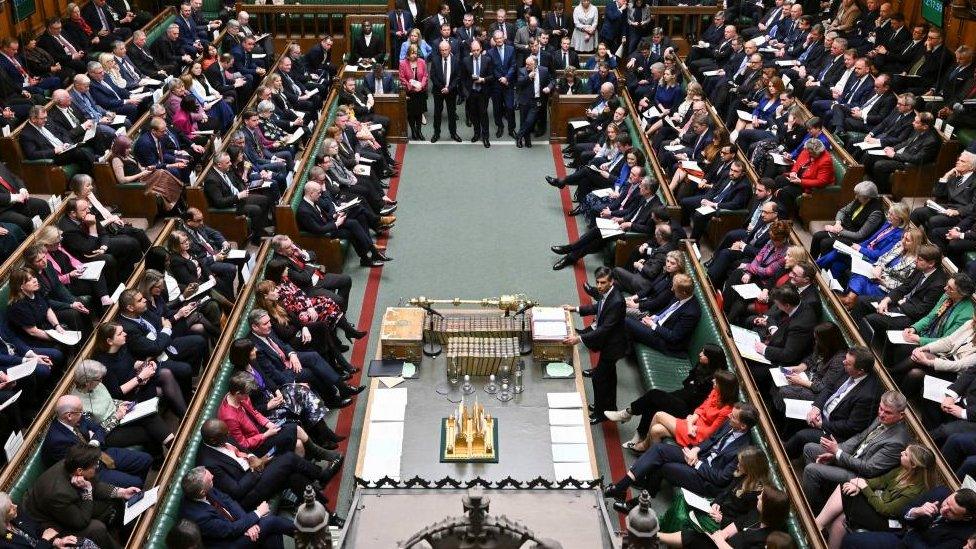
- Published3 July 2024

- Published8 March 2024
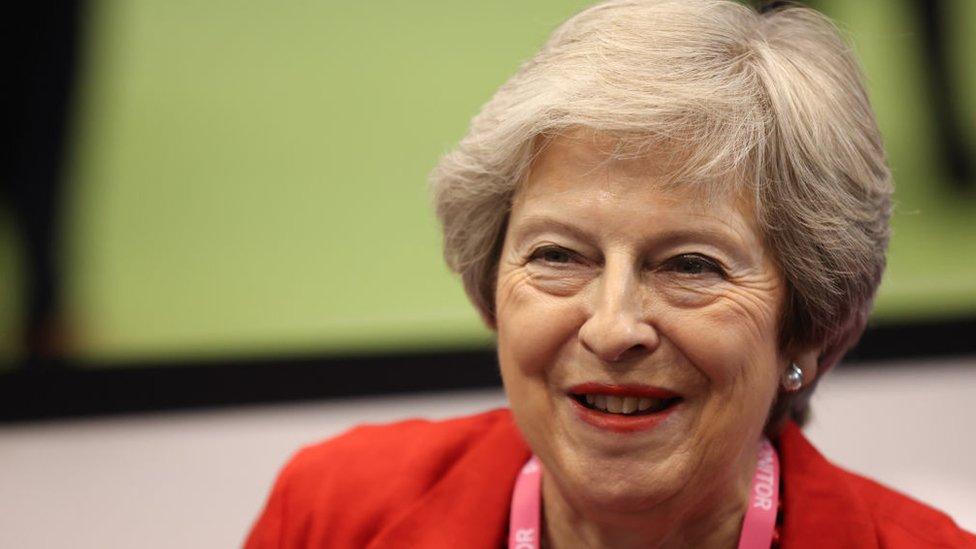
- Published4 July 2024
